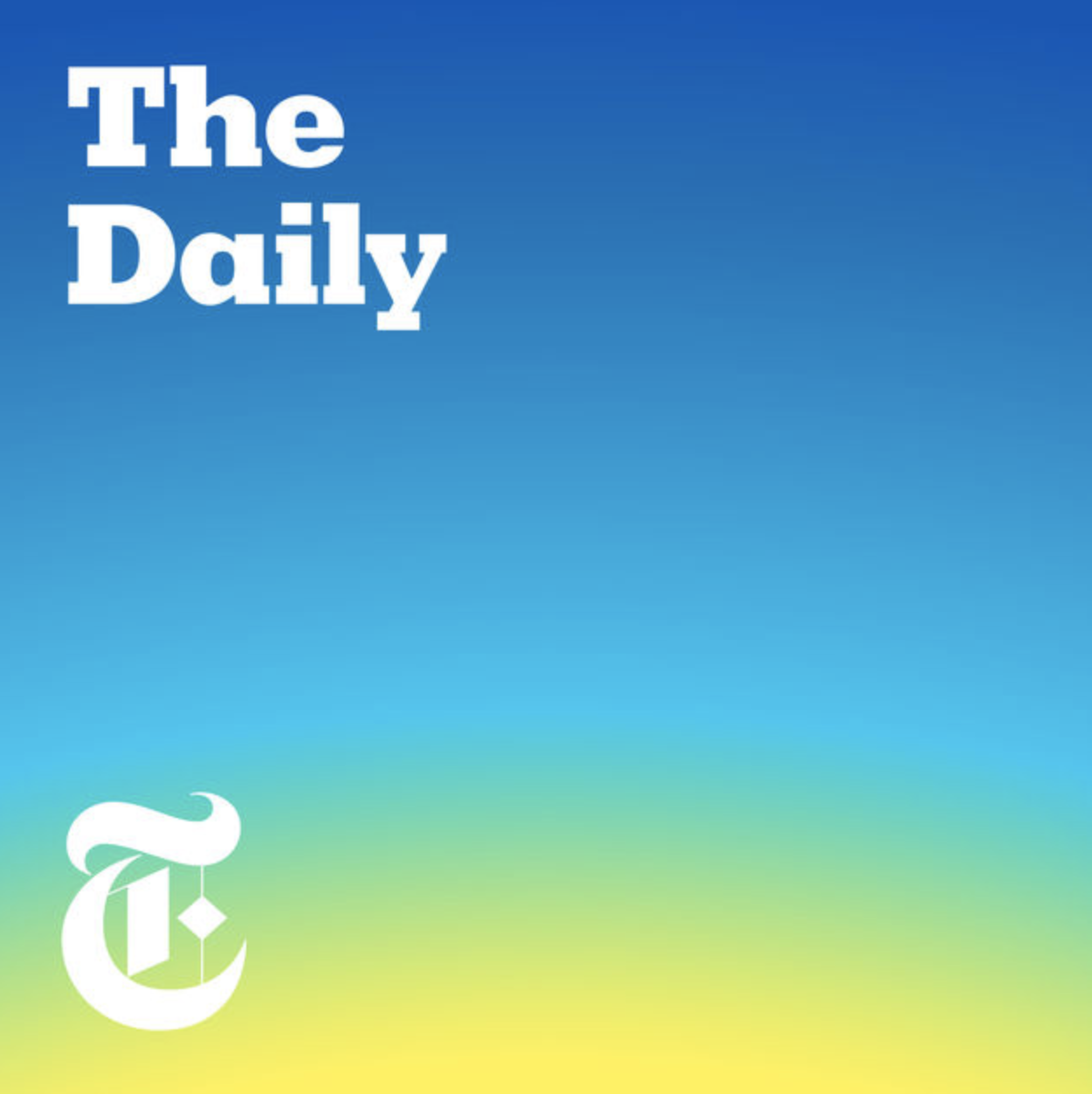
I wish someone had told me about The Daily podcast
“I wish someone had told me” is a series of posts that feed into our inquisitive nature at CN&CO. Each week we hear from someone in our network about something interesting or surprising that’s recently happened or occurred to them – or lessons they learnt. These blogs are a way to pay it forward and form part of CN&CO’s belief that the world can be a better place – and we all have a responsibility to make it so. This week’s post is by Lethabo-Thabo.
Life is busy. It is. And as I get older I realise how much busier life will continue to get. As a child I always thought adults had all the time and all the money in the world. I was wrong. Some adults do but most of us lead busy lives filled with family, friends, work, charity, passions, bills, travel, and just about everything else. So, we need to “make the time” to do the things we love and stay in touch with what interests us. This is where I find podcasts have made a big difference.
I have recently discovered podcasts and I have found that they have really helped me “make the time” for some things I was struggling find the time to do. Podcasts are a great way to get in a good TED Talk, some advice, or some news while taking public transport, exercising, or sitting in traffic.
In my newfound love for podcasts, I looked for a range of podcasts to cater to my various interests. For my interest in news and current affairs one of my subscriptions is to a podcast called The Daily by the New York Times. Basically, in each podcast New York Times journalists cover a topical issue. From the Mueller report to the whistle blowers at Boeing, the stories are interesting and topical. I also like that they aren’t only US-based stories: they have done stories on a number of countries including Sudan, India, and Italy.
I also like that the podcasts are not longer than 30 minutes – in fact, most are closer to 20 minutes.
One of the most interesting The Daily podcasts I have listened to is titled “The battle to control the Murdoch media empire”. While doing my degree, we covered Rupert Murdoch and his influence along with the journalistic principles of balanced and objective stories. I found it fascinating reading about one man who controlled so much of the world’s media. But as a student, I had grand dreams that there were enough non-Murdoch media houses that would help balance the story. The podcast reminded me of just how much influence one man has and that, unfortunately, the story is not usually balanced. The podcast even dissects how Murdoch has influenced some of the biggest political decisions.
The host of the podcast is Michael Barbaro who introduces this podcast by saying:
“Through his media empire Rupert Murdoch has reshaped the politics of countries across the English-speaking world, pushing their governments to the right.”
The two journalists that cover the story had spent six months investigating the Murdoch family for the New York Times and so are well-placed to cover this story.
While the podcast is about the current battle to control the Murdoch media empire, it begins with invaluable context on how this empire started; the politics it has influenced and how; and how Murdoch took one small Australian newspaper and turned it into the massive multinational empire we know today.

If you don’t know just how big Murdoch’s influence is and why his business is best described as an empire the podcast will enlighten you very quickly. “It is a massive Hollywood studio, it is multiple tv stations, it is dozens of newspapers…it’s really media outlets across the English-speaking world,” says one of the journos.
In the US it’s media such as Fox News, the 21st Century Fox studio, the New York Post, and the Wall Street Journal.
In the UK it’s The Sun, the Times of London, Sky News, and the Sky satellite service.
The journalists describe the Murdoch’s influence on media in Australia, Murdoch’s birth country, as being “at its most undiluted.” He continues: “The Murdoch papers account for 60% of newspaper sales and they have a cable news service as well.”
Quite simply, as described in the podcast, the Murdoch Media empire is a series of media outlets “all controlled by one man who can use them as a tool of influence to shape political landscapes all across the world.”
“He is an empire builder in the, kind of, original sense of the term. He wants to continuously grow his empire and that works perfectly with his influence because it enables him to knock down any barriers to growth that he needs,” continues the journo.
This may seem far-fetched but when you listen to the podcast you will realise that Murdoch has already used his influence to shape politics and continues to do so. An example is how publicly backing former British prime minister Margaret Thatcher using his media enabled Murdoch to circumvent a media regulation that would not allow him to increase his media ownership in the UK.
He did something similar with former US president Ronald Reagan. He was unable to purchase a tv station in the US without being a US citizen. However, his newfound ally and then president of the country helped fast track his application and he was awarded citizenship. If you’re keeping count that’s two leaders in two powerful countries… In fact, the journos even mention the kind of coverage the media outlets carry: in the UK it’s anti-Europe and in the US it’s more extremist views. Doesn’t this sound like the world we live in now with Brexit and Donald Trump? Yes, there are multiple influences that have affected these results but the journos point out that “the common denominator is Rupert Murdoch and his media empire”.
Whether you understand what influence the Murdoch media outlets have had or not, this podcast is a must-hear. Either it will educate you on the Murdoch empire or it will remind you of the importance of reading more than one newspaper, watching more than one news channel, and – most importantly – engaging with real people.
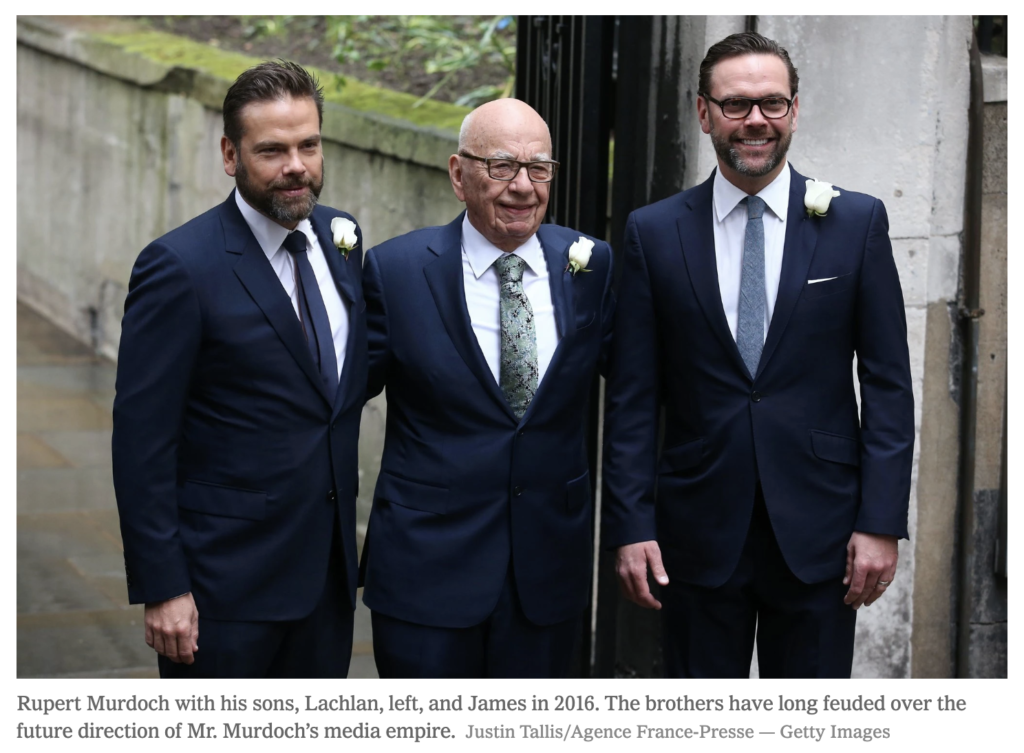
When we are so busy and there is so much that we can consume digitally, it becomes very easy to stay away from real people. We can end up only engaging with other humans through digital platforms (social media, video calls etc.) and consuming our news through digital formats. This leaves us open to curated news – news handpicked to influence us in a particular way. The Facebook-Cambridge Analytica data scandal is one example of just how much digital has influenced our lives and our important decisions…even when we don’t think it’s happening.
So, listen to the podcast (even if you only listen to this one) and many others; read multiple newspapers and books; watch multiple tv channels; and talk to real people.
Without talking to each other and engaging with each other it becomes very easy to believe fake news and miss out on human connections. If we don’t talk to each other we can’t find our similarities and celebrate our differences, and we will end up with a divided world where we all believe the worst about each other.
You’ll find the podcast wherever you get your podcasts or tune in here.


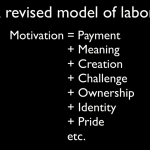
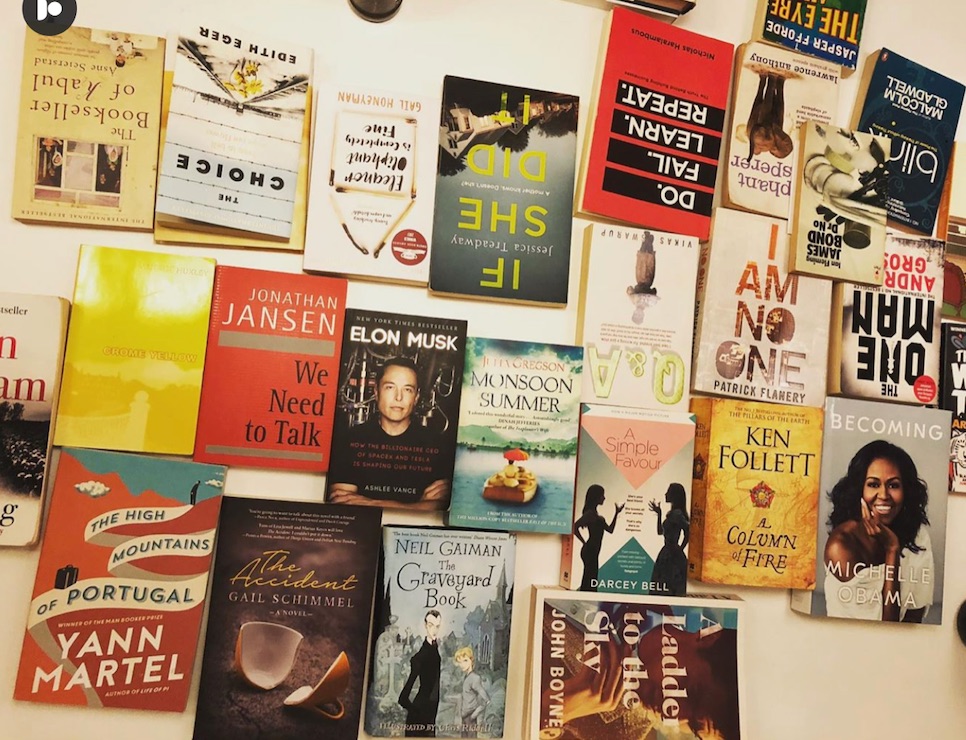

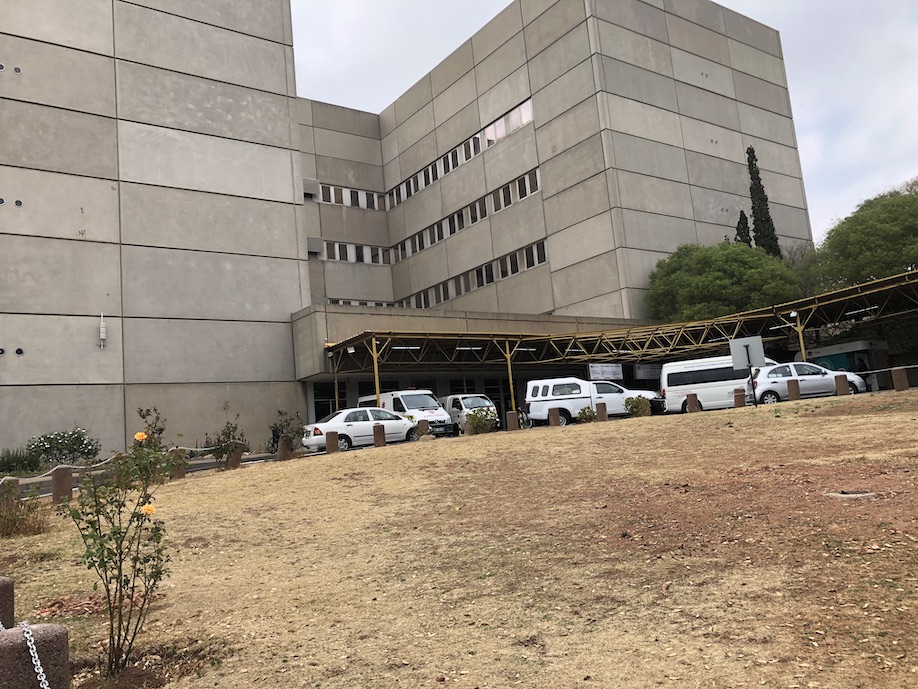

Leave a Reply